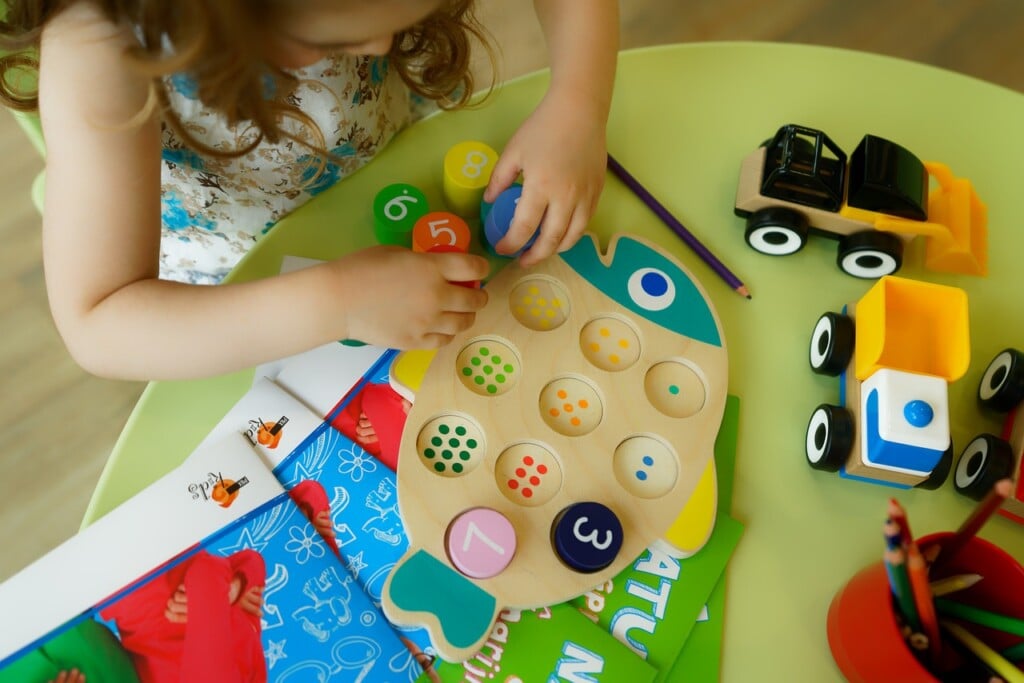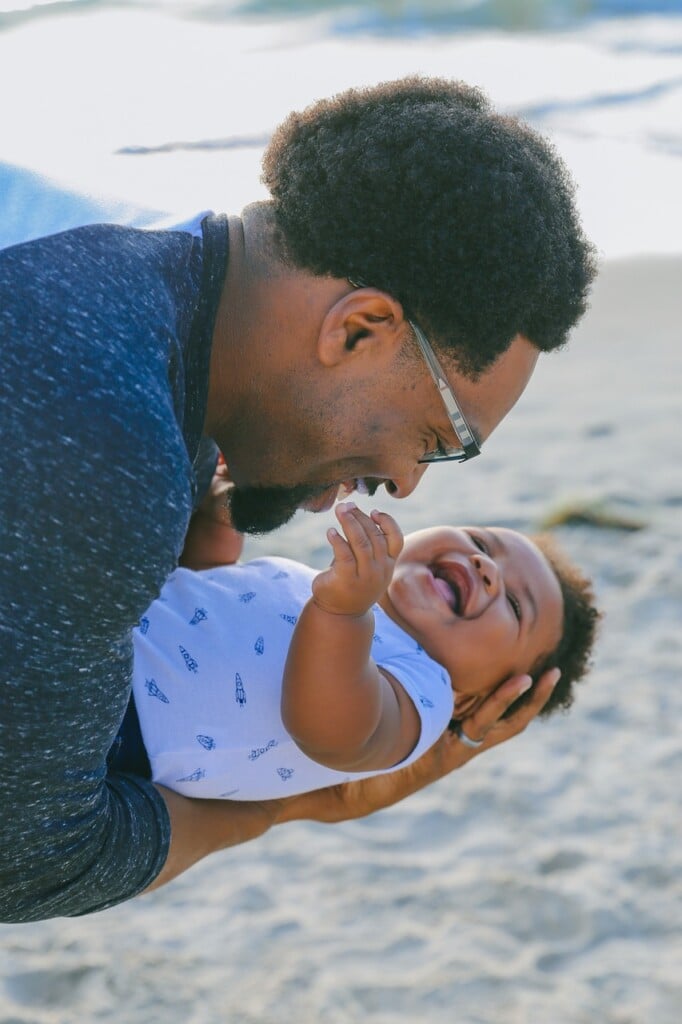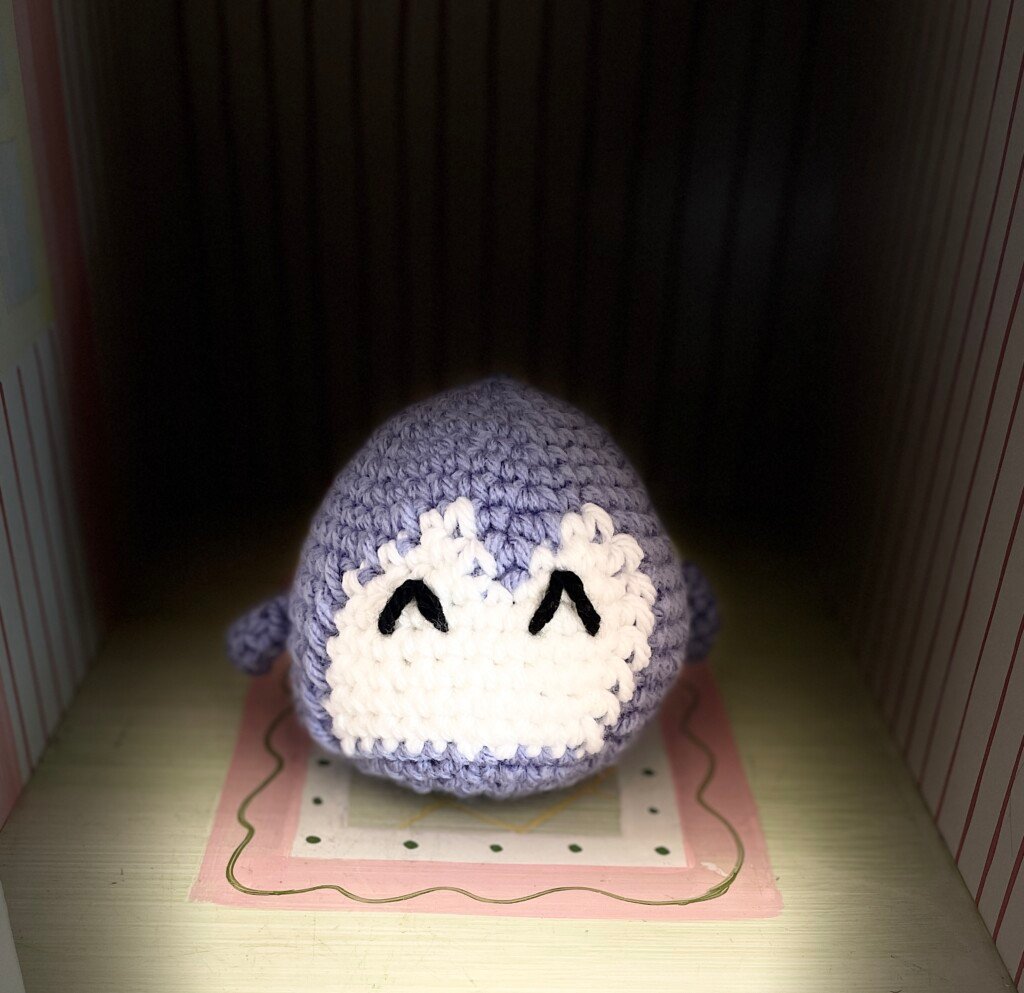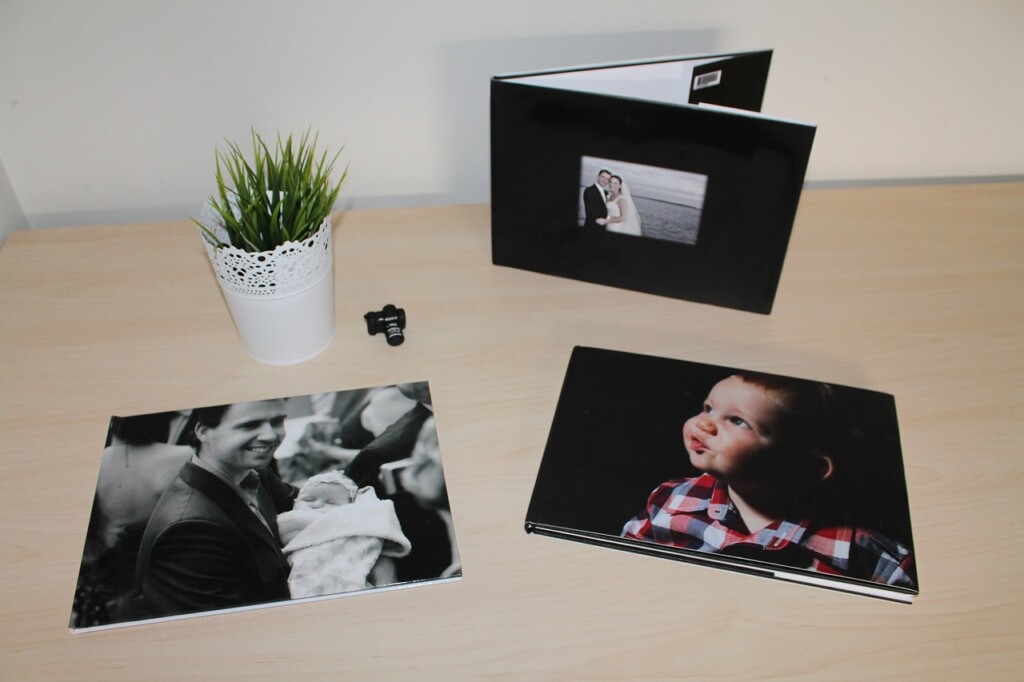A Guide to Choosing a Charlotte Preschool
Things to consider when selecting from the many local options

Are you a new parent, or new to the area, and wondering how to go about finding a preschool for your child? It can be overwhelming, given the sheer volume and variety of options in this area. (Charlotte Parent has more than 170 preschools featured in our Area Schools + Education Guide.)
Early childhood development expert Tracy Barcott is a clinical psychologist at Ballantyne Well + Being and mother of three. She knows Charlotte’s preschool landscape both as a parent and through diagnostic testing she does for young children. Here, Barcott answers some common questions and offers her advice for finding the best fit for your family.
Q: Does every child need preschool?
A: I do think every child can benefit from preschool if it’s a well-done program, but I don’t think all kids need it to the same degree. Families who have older children or are spending a lot of time with other children in other contexts, maybe those kids don’t need the socialization aspect in the same way as only children do…In terms of academic learning, I do think every child benefits from it, but some children are already getting academic exposure in other ways, to a greater degree.
Q: What are the biggest benefits of preschool?
A: Definitely socialization. Being able to spend time with other children and learn those important skills of sharing and turn-taking, things like being able to sit at circle time and listen even just for a few minutes to a story or to a little lesson of some kind, learning how to raise their hands and wait. Just having to wait is something that kids don’t have to do so much at home. That’s such an important skill that I think gets overlooked a lot in early childhood.
Q: What age should my child start?
A: That’s a bit of a judgment call. I started mine in the toddlers and twos, particularly because it’s a shorter day and I felt like that was manageable for them. But that [age] is right in the throes of separation anxiety for a lot of them and can be very hard. If you’re not using it as a childcare solution because you need it, it may feel pretty overwhelming for some parents to fight the separation anxiety phase to get a kid to school for just a couple of hours.
Q: What does it mean to be a play-based preschool?
A: Kids learn best through play, especially in the preschool ages. A play-based program doesn’t mean there isn’t an emphasis on learning the foundational academic skills. It’s more about how those skills are learned because kids naturally learn through play. That’s how they make sense of their world. They tend learn in a deeper way if they connect to what they’re learning and it’s applicable for them and their world.
Q: How does Montessori school differ from other preschools?
A: The idea behind the Montessori approach is that kids will learn the best and enjoy their learning the most if they are in charge of and directing their learning. It’s an inquiry-based way of learning that allows for movement in the classrooms…Montessori preschool is a great option, particularly if that’s an interest going forward into elementary school. It can be a little hard to go from a Montessori preschool to a structured traditional kindergarten, although that’s certainly not impossible. A lot of preschools are somewhat self-directed anyway because kids can choose what centers they’re playing in, and that piece of it can be similar to a Montessori approach.
Q: If you choose a religious-based preschool, do you have to be associated with that church?
A: A lot of the great preschools in this area are in churches, so they’ll have some religious instruction, although I think most of them are open to anyone who wants to attend and there’s not a particular background you have to have in order to be able to attend that school. They’ll have some religious learning incorporated into their days, but they’re still doing all the other things that they would do academically in a non-religious setting.
Q: What’s most important to look for when parents start looking at preschools?
A: It’s always a good idea to do a tour if you can. You really want to see the physical space where the children are going to be, and it really helps you get a sense of the emotional tone of the center and of the classroom. The main thing that makes a preschool a good place for a child is having warm and loving relationships from their teachers and caregivers. So you want to see caregivers who have a calm and warm and comforting demeanor, and you want to see that people will listen to children and get down on their level and look them in the eyes and patiently talk to them talk through whatever struggles or frustrations or difficulties they’re having. Children are not really able to do that [on their own] at that age.
Additional tips and information:
- Most preschools, which generally accept children as young as 18 months up through pre-kindergarten in half-day programs, offer tours in the winter months and accept registration into late January and early February.
- Charlotte Mecklenburg Schools’ “Bright Beginnings” program offers one year of pre-kindergarten at no charge to students with the greatest need. For more information or to apply, visit CMS’s website.









